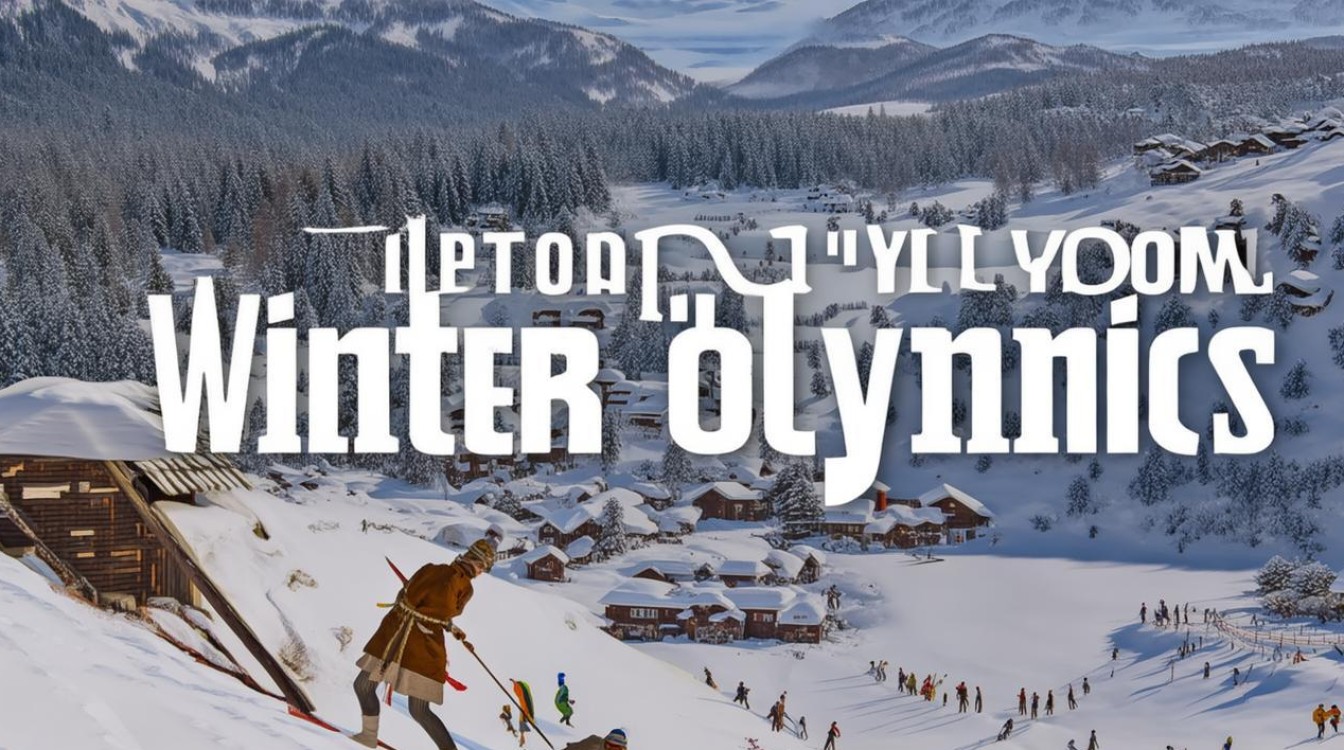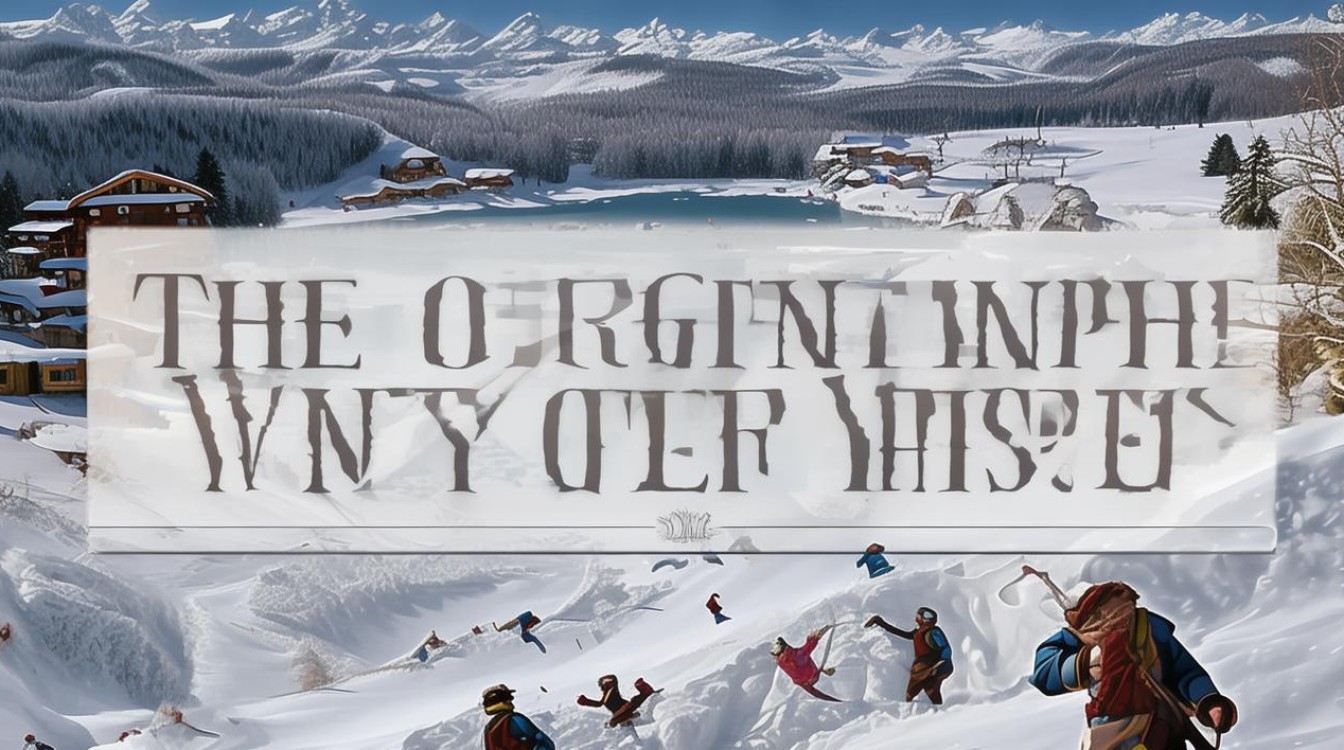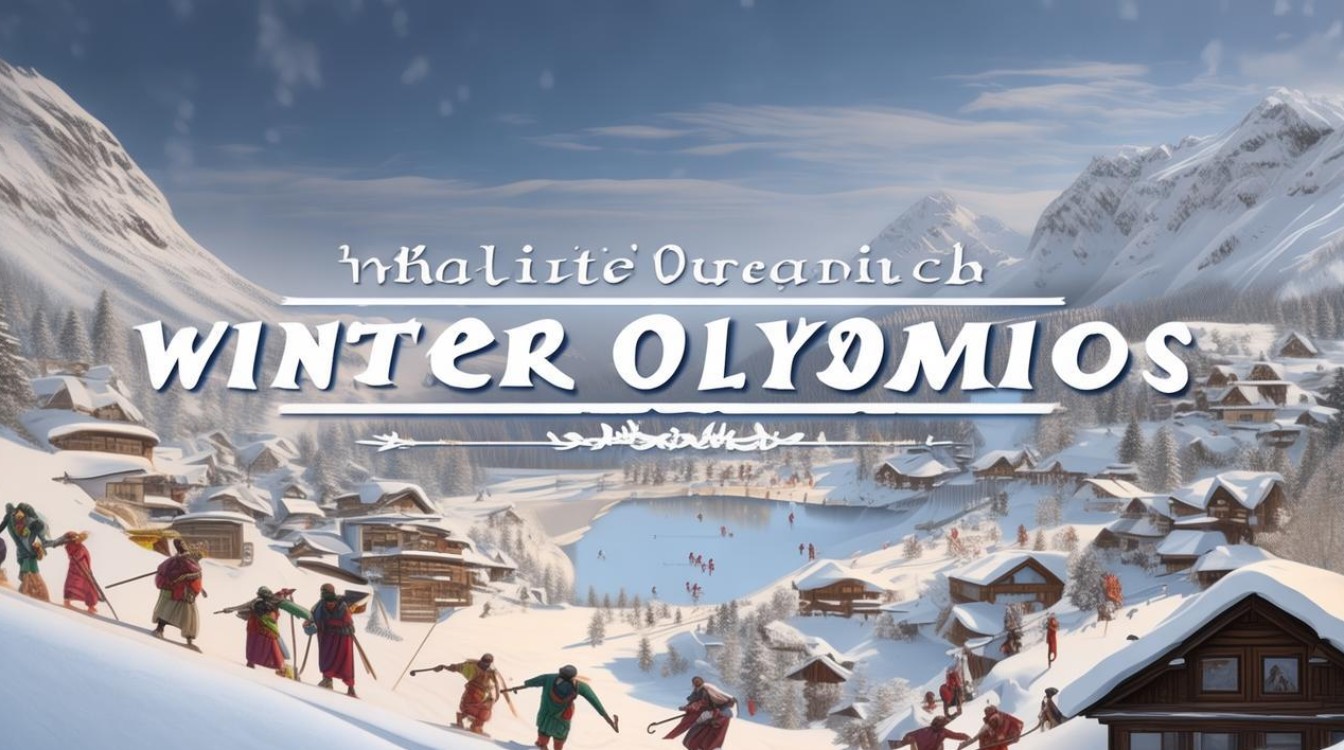The Winter Olympics, a dazzling spectacle of snow and ice sports, has captured global attention for nearly a century. But how did this grand event come into being? To understand its origins, we must revisit the early 20th century, when the modern Olympic movement was still in its infancy.

The Birth of the Winter Games
The idea of a separate winter sports competition emerged shortly after the revival of the Summer Olympics in 1896. However, organizing such an event faced logistical challenges. Many winter sports required specific conditions—snow-covered mountains, frozen lakes, and cold climates—making it difficult to host alongside the Summer Games.
The 1908 London Olympics included figure skating, marking the first winter sport in Olympic history. Its success sparked discussions about a dedicated winter event. Finally, in 1924, the International Olympic Committee (IOC) approved an "International Winter Sports Week" in Chamonix, France. This event, later recognized as the first Winter Olympics, featured 16 nations competing in six sports: bobsleigh, curling, ice hockey, skiing, figure skating, and speed skating.
Evolution and Expansion
Initially, the Winter Olympics were held in the same year as the Summer Games. However, in 1994, the IOC introduced a two-year gap between the two events to maximize attention and resources. This change allowed each Olympics to shine independently.

Over time, new sports joined the program. Alpine skiing debuted in 1936, while snowboarding became an official event in 1998. The inclusion of these disciplines reflected evolving athletic trends and youth appeal. Today, the Winter Olympics boasts over 100 events across 15 disciplines, showcasing both traditional and modern winter sports.
Cultural and Political Significance
Beyond athletic competition, the Winter Olympics has served as a platform for diplomacy. The 1936 Garmisch-Partenkirchen Games occurred amid rising political tensions in Europe, while the 1980 Lake Placid Olympics saw the "Miracle on Ice," where the U.S. hockey team's victory over the Soviet Union carried symbolic weight during the Cold War.
More recently, the 2018 PyeongChang Games featured a unified Korean team, demonstrating sport's power to bridge divides. Such moments highlight how the Winter Olympics transcends sports, fostering international camaraderie.

Technological and Environmental Progress
Advancements in technology have revolutionized winter sports. From lightweight bobsleds to aerodynamic ski suits, athletes now benefit from cutting-edge innovations. At the same time, climate change poses a challenge. Rising temperatures threaten reliable snowfall, prompting host cities to adopt sustainable practices. The 2022 Beijing Games, for instance, utilized artificial snow and energy-efficient venues, setting a precedent for future events.
The Spirit of the Winter Olympics
What makes the Winter Olympics unique is its blend of grace and grit. Figure skaters combine artistry with athleticism, while cross-country skiers endure grueling distances. The Games celebrate human perseverance, whether through a rookie’s debut or a veteran’s final medal chase.
Unlike the Summer Olympics, winter events often unfold against breathtaking backdrops—snow-capped peaks, frozen lakes, and alpine villages. This natural beauty adds to the spectacle, drawing millions of viewers worldwide.

Looking Ahead
As the Winter Olympics approaches its centennial, questions arise about its future. Can it maintain relevance in a changing climate? Will new sports like esports or mixed-gender events join the program? One thing remains certain: the Games will continue to inspire, uniting nations through the thrill of competition.
The Winter Olympics is more than a sporting event—it’s a testament to human ambition and unity. From its humble beginnings in Chamonix to today’s global phenomenon, it reminds us that even in the coldest conditions, passion burns brightest.

